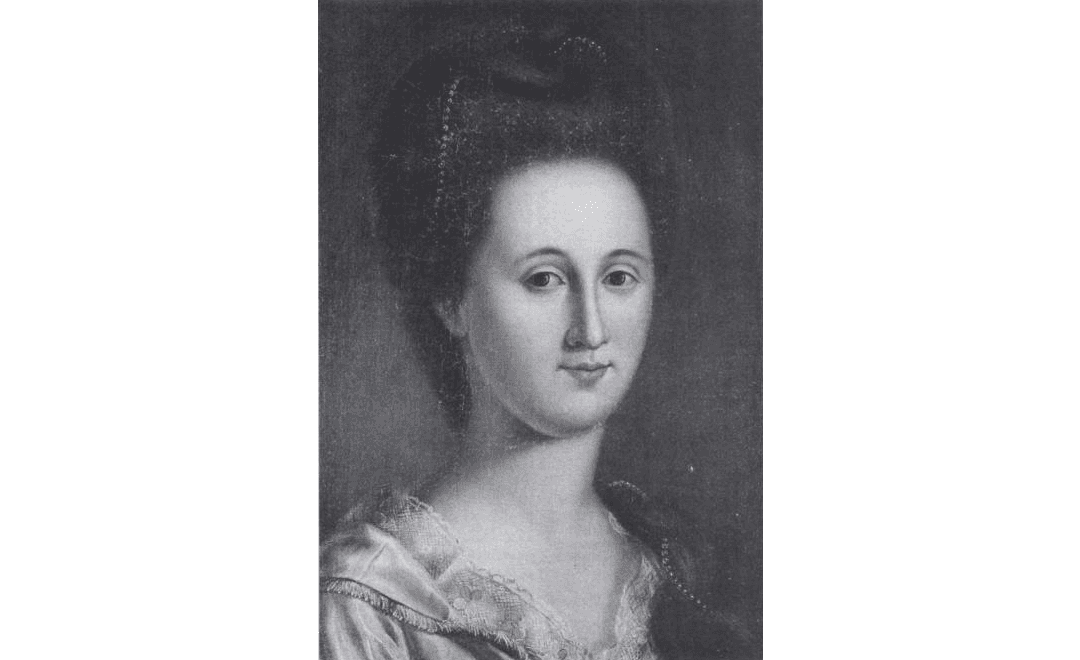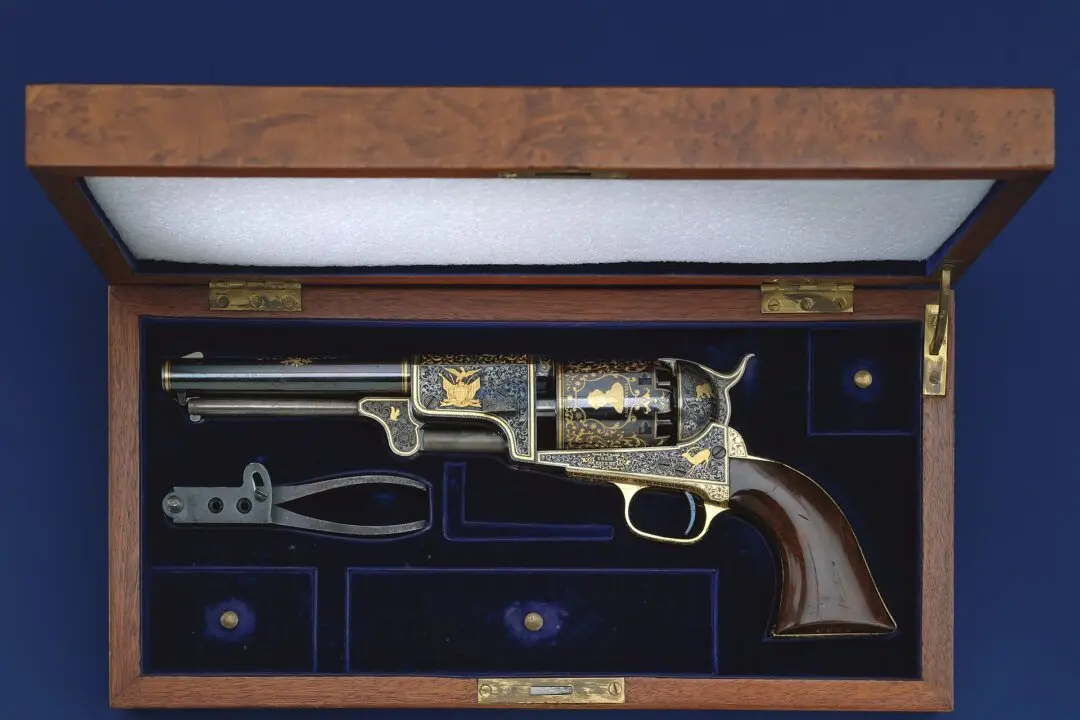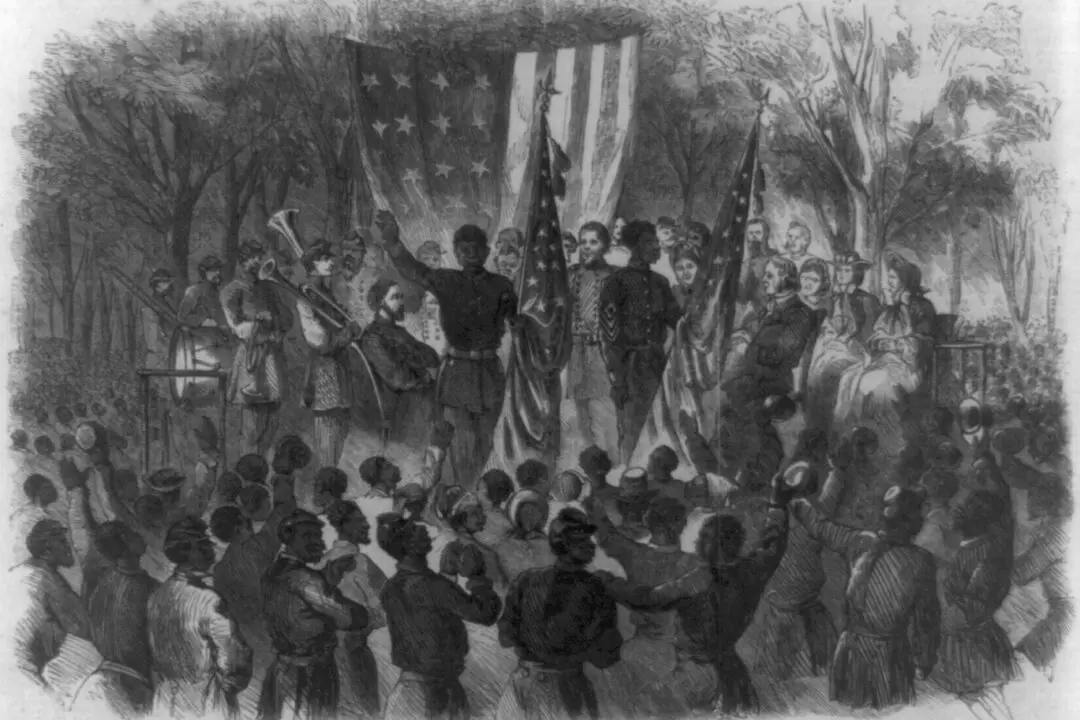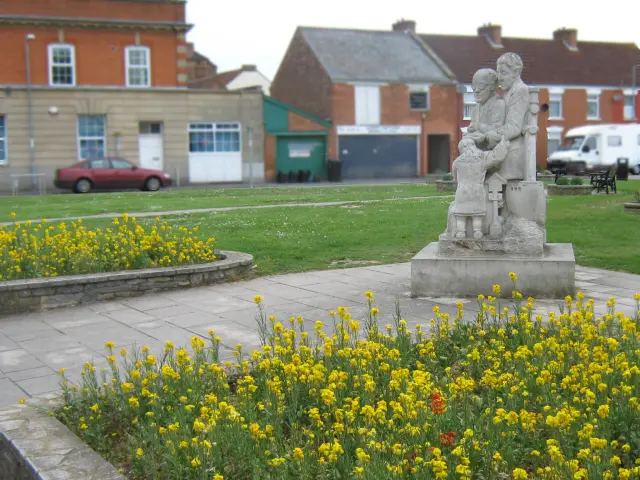Esther de Berdt Reed (1746–1780) urged women to join in the Patriots’ cause and support the American Revolution. Through her efforts, she raised thousands of dollars to aid American soldiers when they were in dire need.
Reed was born in London in 1746 to an English merchant who traded with the colonies. When she was just 17 years old, she met and fell in love with a young American lawyer from Philadelphia named Joseph Reed.






